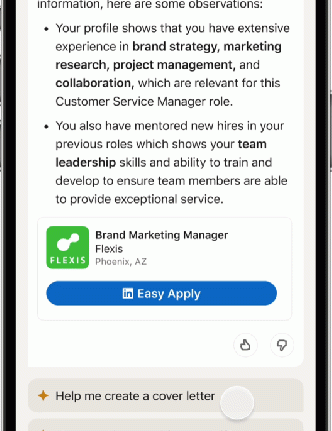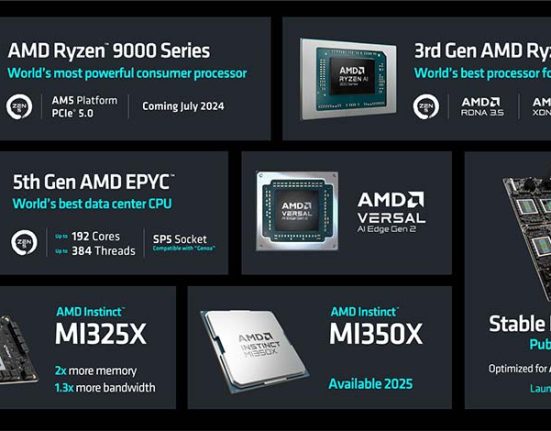SAN FRANCISCO – Southern California startup Sift raised $17.5 million in a Series A funding round led by Google Ventures.
With the latest investment, announced June 25, Sift is expanding its staff and accelerating the development of its platform to help engineers understand data from hardware sensors.
“We've built the entire end-to-end data review product, so our customers stream data to Sift,” said Austin Spiegel, CTO and co-founder of Sift. Space News. “There is an automated analysis that runs on the data.”
Sift's platform then generates reports that highlight potential issues.
“There are graphs and explanations of why a certain condition occurred,” Spiegel said. “That is used internally as a certification to release software or hardware, or it can be submitted to a regulatory body.”

Automated data review
Sift was founded in 2022 by former SpaceX software engineers to develop tools that accelerate development and ensure the reliability of complex machines.
Spacecraft, in particular, have become so complex that it is “virtually impossible to verify everything,” said Karthik Gollapudi, CEO and co-founder of Sift. “You need an observability product that instruments everything and detects abnormal conditions.”
Sift's customers focus on aviation, defense, energy and transportation. Astranis, Astrolab, K2 Space, Mach Industries, Parallel Systems and True Anomaly.
“With Sift's advanced observability stack, we are automating much of the manual data review process to increase reliability while accelerating development,” Jeff Dexter, senior director of software at Astranis, said in a statement. “Their platform will be a critical tool in our mission to deliver reliable, cost-effective Internet to those who need it most.”
Google Ventures provided the majority of the funding for Sift's Series A round.
“At GV, we are always looking for companies tackling critical challenges in industries undergoing rapid transformation. Sift is doing exactly that in the hardware innovation space,” said Crystal Huang, general partner at GV, in a statement. “Their unified observability platform is the missing piece that leading machine manufacturers need to turn vast amounts of sensor data into actionable insights and accelerate development.”
Next steps
In response to customer demand, Sift is expanding its manufacturing automation suite. Once a complex system has been assembled, companies want to link sensor data with manufacturing information.
“Imagine you have launched the Falcon 9 rocket 10 times,” Spiegel said. “Every time you launch it, it may have a different set of engines, because the engines were removed, reconditioned and put back in.”
The goal is to view telemetry and manufacturing data for each engine.
“That ties into preventive maintenance use cases and better understanding the lifespan of your hardware,” Spiegel said. “If you had an anomaly or a supplier recall, can you use this traceability information to help you understand what happened or how to fix the problem?”
Artificial intelligence
Sift's founders also see an important role for AI.
Aircraft often have millions of parts and must meet complex requirements.
“We want to be able to allow engineers to query their systems,” Gollapudi said. “Does it comply with the regulations? Does it meet fault tolerance requirements?
By making it easier to take tests and review data, Sift tools can encourage people to test more frequently. Additionally, the Sift platform will help automate “a lot of the regulatory compliance legwork,” Gollapudi said.













Leave feedback about this